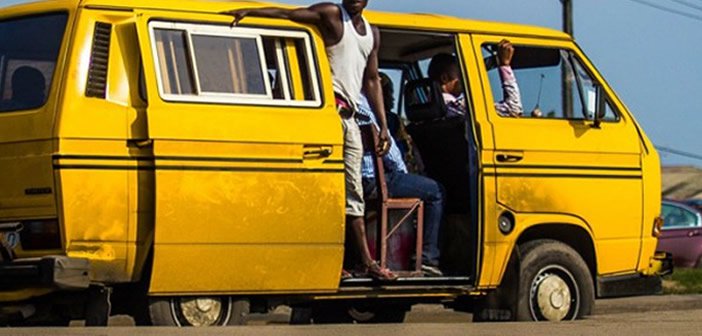Residents in Lagos State have lamented the hike in fares following the increase in the fuel price in the country.
PUNCH Metro gathered that the fare hike had left many commuters stranded and frustrated during daily rush hours.
Speaking with our correspondent on Thursday, the commuters said the development had affected their cost of living including transport.
Explaining how the hike in transport cost has affected her, Damilola, a Lagos resident, said, “The fuel scarcity has affected everyone in one way or the other. Before the hike, commuting from Ikeja to Yaba was N500, but now it’s N700. Now, when I’m going out, I have to be sure of where I’m going and be sure that who I’m going to meet is around so I won’t waste my time, energy, and money.
“The government should ensure the availability of fuel and diesel. There’s always traffic every day due to fuel scarcity and this affects people’s productivity.
“As a business owner, I now have to add the cost of transport to the cost of goods, and this makes them more expensive. I even heard that some people sleep in their offices during the week and go home on weekends. It’s that bad.”
A 400-level student of the University of Lagos currently doing her internship, identified as Esther, also explained her challenges since the fuel hike started.
“Before I started my IT, I already knew that I’d spend a lot on transport because my house is far from where I’m interning. So, I had saved up some money. But when the hike came, it caused an imbalance in my life because I had to start looking for more money. I had to take up more jobs to get more income and prevent myself from being stranded. Alternative transport would be trekking and that’s out of it.
“Living in Nigeria, you get used to these things, but the government should look into solutions for it. Rather than focusing on unnecessary things, their focus should be on finding lasting solutions to this issue of fuel scarcity because it is something that affects everyone including the government.
Favour, an intern in another organisation, also expressed displeasure with the state of things regarding transport.
“I live in Gbagada and work at the Airport Road side of Lagos. Earlier this year, I spent between N800 and N1000 on transport daily, but since the hike, I now spend about N1,400 and N1,600.
“It is as a result of the fuel scarcity, the government should do something about it”, she added.
When asked about the impact of the hike in transport cost, a commuter who pleaded anonymity said she had no choice but to pay whatever amount it was as she had to get to work. She wished that the government and employers would consider the extra costs and there would be an increment in wages and salaries.
Commuters are not the only ones feeling the brunt, motorists also have their share of challenges.
A motorist at Berger park identified as Mr Bakare, told our correspondent about the impact of the fuel scarcity on his business. According to him, business has been down because people only go out when they need to.
“I’ve been in this park since morning but there are no passengers because everyone is managing what they have, and no one is going out.
“Nigeria has refineries, so why are we suffering from fuel scarcity? The government, the NNPC and marketers should work on a lasting solution to this issue because everyone is suffering,” he said.
A tricycle rider, Joseph, lamented how he had to suffer for extra costs incurred while buying fuel.
“I have to wait for two to three hours to buy fuel and when I do, I have to pay extra to buy in a keg. Fuel is already expensive at N700 – N850 per litre, and I still pay extra to buy in a keg, yet I can’t increase my cost because passengers don’t want to pay extra. They would rather trek further to get it cheaper,” he bemoaned.

